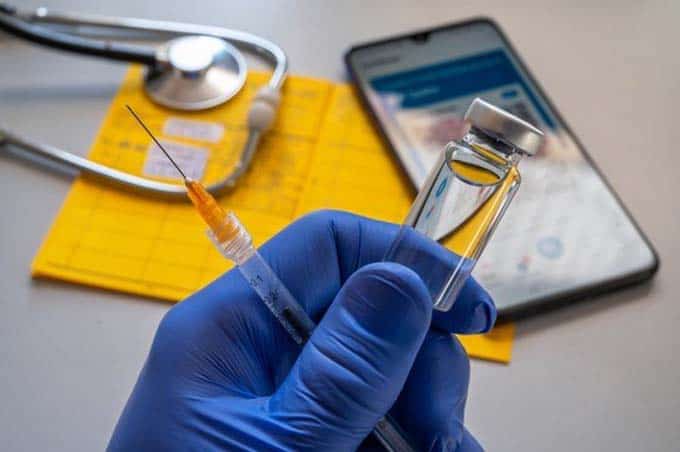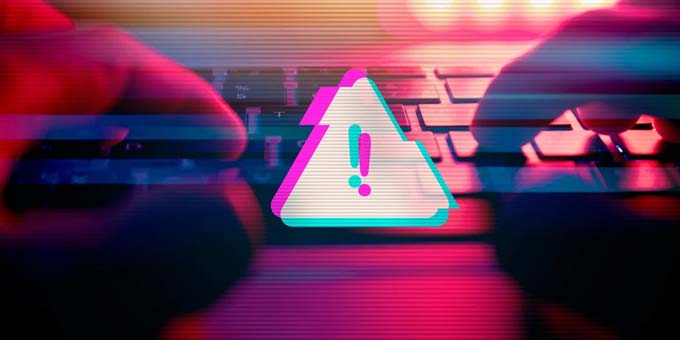Secure electronic vaccination card: interest group presents concept
A broad-based consortium is injecting momentum into the digitization of the Swiss healthcare system and presenting a concept for how Switzerland can build a secure electronic vaccination card - where citizens have data sovereignty at all times.

Something is happening with the electronic vaccination card. After For data protection reasons, a first attempt to digitally manage vaccinations performed, failed, Swiss citizens should once again have the opportunity to collect, manage and use their vaccination data electronically. To make this possible, a broad consortium has published a feasibility study. The consortium includes the Bern University of Applied Sciences BFH, the Association of Swiss Doctors FMH, pharmaSuisse, HCI Solutions, Interpharma and the cooperative MIDATA.
Secure electronic vaccination card is possible
The study shows: A secure electronic vaccination card is possible. And the added value of such a card would be considerable: "It would give citizens sovereignty over their vaccination data. They alone decide to whom they make it available," explains Professor Serge Bignens of the BFH, adding: "At the same time, they can be better informed and made aware of the benefits of vaccinations. As a result, he says, people can better manage their own vaccination protection, which in turn increases public health. In addition, an e-vaccination dossier simplifies access for physicians and pharmacists to the current vaccination status, which in turn also makes it possible to retrieve electronic vaccination recommendations. Finally, researchers can use anonymized vaccination data to discover new insights and correlations. This is made possible by the use of the data platform of the non-profit cooperative MIDATA.
Switzerland is lagging behind in the use of health data, as shown by relevant international studies such as the Bertelsmann Foundation's digital health index, in which Switzerland ranks fourth to last. Yet the experiences of recent years have once again highlighted how important a functioning health data ecosystem is for society. After all, it is also data from this ecosystem that helps to further develop vaccines.
Overriding principles: Robust data protection and data sovereignty for patients
The feasibility study was drawn up along certain key principles. In addition to the data sovereignty of citizens, data protection is also central. This has top priority in the concept developed. Furthermore, the concept is public and the standards of the proposed solution are widely applicable, which means that the model can be expanded as desired. The authors have also ensured that the proposed solution is compatible with other initiatives - in particular with the electronic patient dossier (EPD). Citizens can thus freely move their data from one place to another. Another key point: the electronic vaccination card could be implemented quickly - as soon as sustainable funding is secured.
Long-term funding and construction of the system as next steps.
An immunization data ecosystem needs funding. The study details which components would need to be integrated, redeveloped, maintained, and operated. The next step for implementation is to secure long-term funding. After that, the system can be built and maintained. This will require private and public investment, as the e-vaccination card will be available to patients free of charge.
The study presented shows that a secure and broadly supported electronic vaccination card is possible for Switzerland, explicitly also with the technical feasibility of a connection to an EPD. According to the authors, the study comes at the right time, because it is also of interest to the federal administration. The federal administration is currently working on the introduction of a vaccination card in the EPD.









